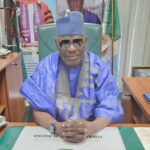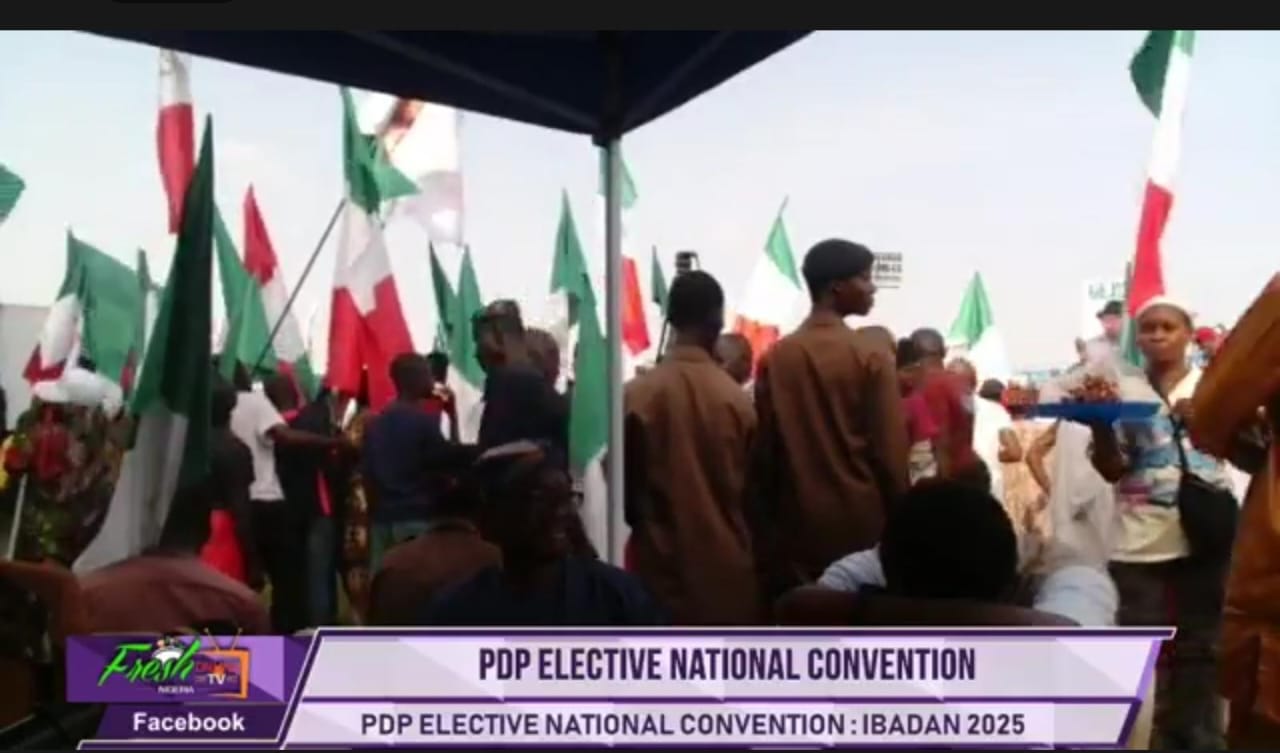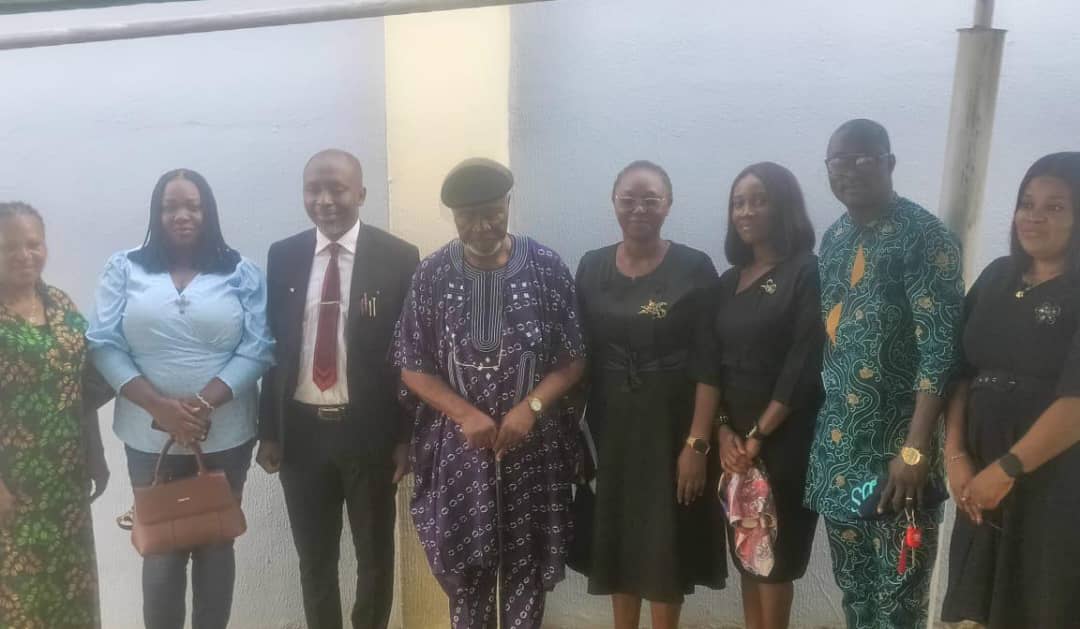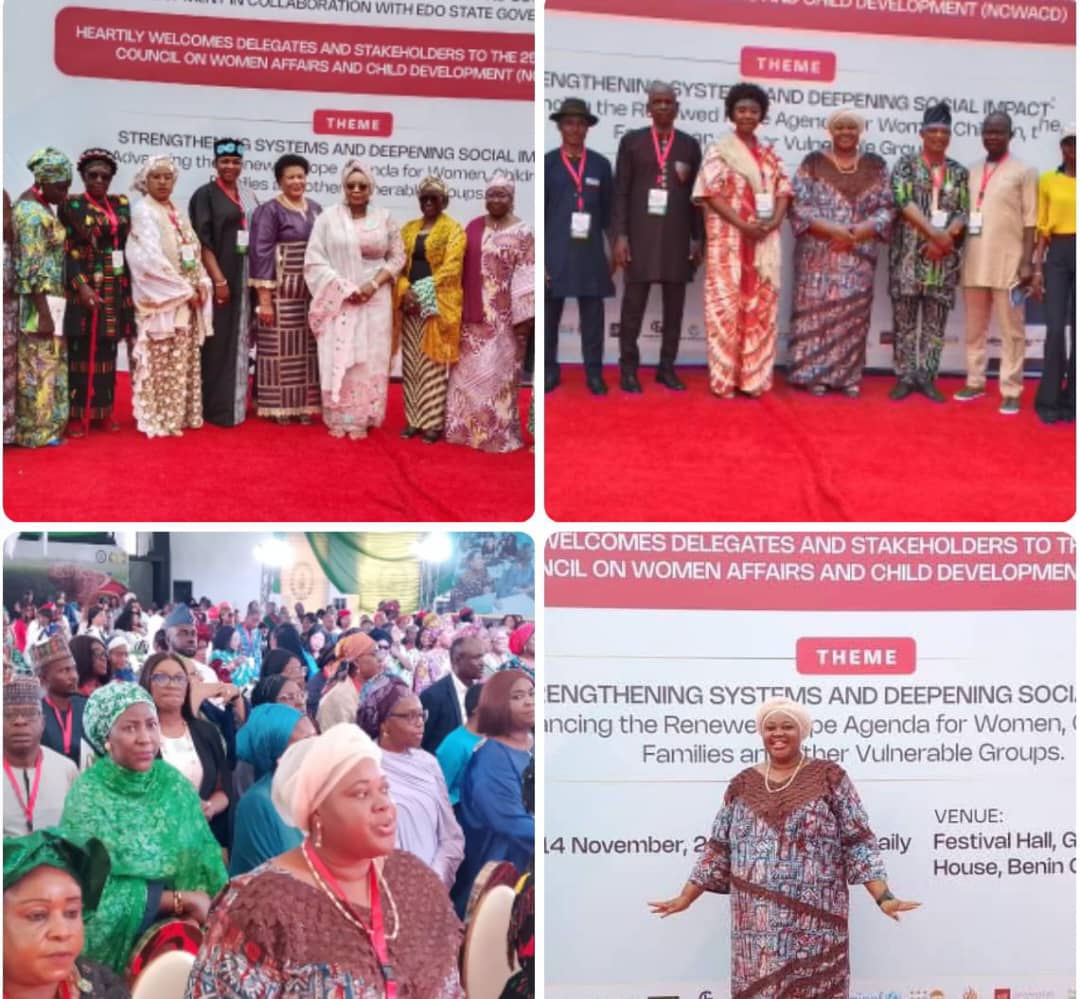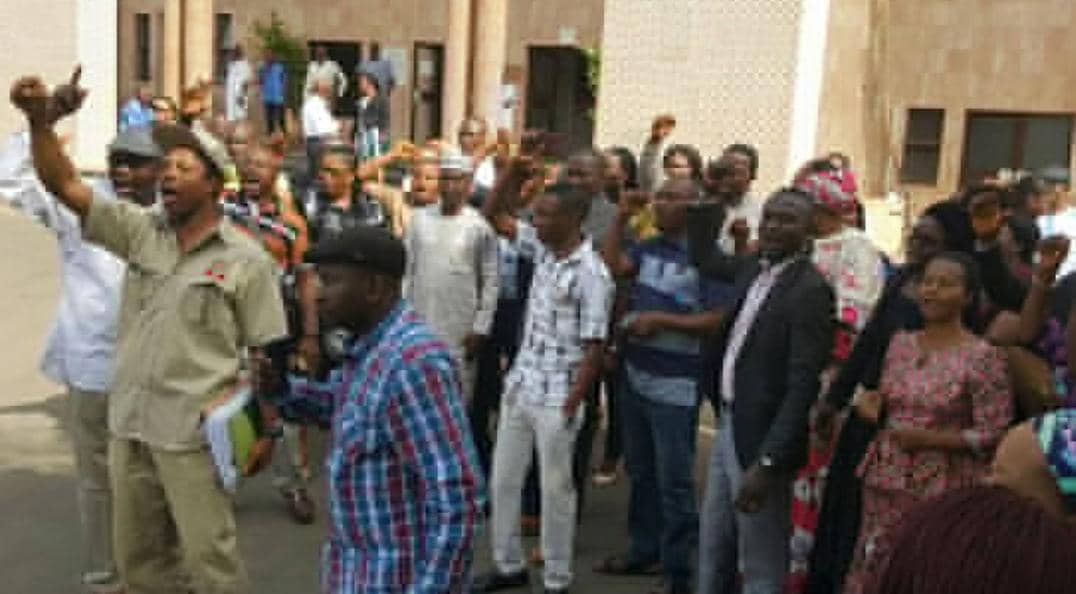16 states had recently approached the Supreme Court to challenge the illegality and constitutionality of some of the Federal Government’s anti-corruption agencies especially the EFCC, ICPC, and others.
The suit filed by 19 state governments (Plaintiffs) challenging the constitutionality of the laws establishing the Economic and Financial Crimes Commission (EFCC) and two other anti-corruption agencies, has been heard by the Supreme Court and judgment reserved recently.
The other two agencies are the Independent Corrupt Practices and Other Related Offences Commission (ICPC) and the Nigerian Financial Intelligence Unit (NFIU). The state governments are seeking judicial scrutiny on the processes that led to the enactment of the laws establishing such agencies.
It is a suit that can grow of federal system of government and our democracy, thereby preventing the federal government’s agents from turning the nation to ‘an autocratic society or unitary form of government.
At the hearing of the suit on October 22, the intention of the plaintiffs was expressed by Mohammed Abdulwahab, SAN, who appeared for one of the plaintiffs. He told Justice Uwani Abba-Aji and the panel of Supreme Court Justices that “we are also challenging the foundation of those laws that created NFIU, EFCC, etc. in order not to create a constitutional crisis.”
Obviously, this case is not a matter of political expediency. It is about the law, to avert “constitutional crisis.” It is about the protection of the Constitution. No aspect of the Constitution should be breached or abused on the altar of political exigency. The Constitution being the grundnorm (fons et origo), the source of all laws (including the EFCC, ICPC Acts) and authority in Nigeria’s collective jurisprudence, must be preserved and insulated from politics and political manipulations. Nigeria’s democracy is still fragile to be subjected to any form of constitutional abuse.
We restate that this case should not be subjected to any form of political consideration. We strongly condemn any attempt by some vested interests to persuade some state governments to withdraw from the suit and any move to lobby the Supreme Court to go against the grain of law for the sake of political expediency.
Beyond the propriety of the law, the EFCC as currently constituted has come under intense public scrutiny, including earning a rebuke from international agencies for allowing itself to be used as a tool for political vendetta. Over the years, it has morphed from its core mandate of investigating financial crimes and prosecuting suspects to becoming a whip in the hands of any ruling government.
The crux of the suit by 16 states Vs. Attorney-General of the Federation.
- The Contention of the Plaintiffs in Suit No SC/178/2023 is that the Federal Government cannot under any guise control funds appropriated by Houses of Assembly of the Plaintiffs.
- The Plaintiffs are also contesting the Constitutionality of the EFCC Act, in the light of the decision of the Supreme Court in the case of Nwobike V. Federal Republic of Nigeria, that the EFCC Act was based on a United Nations Convention against corruption, same having not been ratified in line with Section 12 of the 1999 Constitution ( as amended ).
- The Plaintiffs are therefore asking the Supreme Court to nullify the EFCC, ICPC, NFIU and Proceeds of Crime Act, all rooted in United Nations Convention and protocol, having not been ratified by the Houses of Assembly of the Plaintiffs in line with Section 12 of the 1999 Constitution.
Section 12 (1) of the Constitution says: “No treaty between the Federation and any other country shall have the force of law except to the extent to which any such treaty has been enacted into law by the National Assembly.
“(2) The National Assembly may make laws for the Federation or any part thereof with respect to matters not included in the Executive Legislative List for the purpose of implementing a treaty.
“(3) A Bill for an Act of the National Assembly passed pursuant to the provisions of subsection (2) of this section shall not be presented to the President for assent, and shall not be enacted unless it is ratified by a majority of all the Houses of Assembly in the Federation.
EFCC SELECTIVE CORRUPTION FIGHT
Since its creation, aside from the early stages of Nuhu Ribadu as its pioneer Chairman, the EFCC has been known as a tool for political oppression. This is helped by its mode of establishment and it is the reason corruption has festered rather than abate, as cases were being poorly prosecuted.
We can do a research into those that are being hounded under successive administrations. Even those who have established corruption cases are holding big appointments under the current administration and the EFCC is looking away. People who don’t have immunity, yet it is a clear case of selective anti- graft war.
We can mention different names of individuals that their governments are even trying to prosecute but the FG is shielding through the EFCC mainly. Until the laws establishing the agencies are reviewed holistically, Nigerians cannot have real anti-graft agencies but tools in the hands of successive FG administrations to deal with opposition and subdue potential threats.
It is on record that the Kano state Government’s petition against its former Governor and current APC National Chairman, Abdullahi Ganduje has not been investigated or charge to court by the EFCC till today. That’s double standard.
POLITICAL CIRCUMSTANCES
It is feared that owing to the Constitutional significance of the suit, which could ultimately see the exit of the affected agencies, their laws having not been rooted in the 1999 Constitution, agents of the Federal Government could be making frantic moves to interfere and put pressure on the Supreme Court not to do the right thing as far as this suit is concerned.
However, Nigerians are optimistic that the apex Court would rise to the occasion as it did on many occasions in the past.
This hope is strengthened by the inaugural speech of the New head of the Judiciary, Hon. Justice Kudirat Motonmori Olatokunbo Kekere-Ekun (GCON), where she said, “Under my leadership, the Judiciary would adhere to the principles of honesty, transparency and integrity and that independence of the judiciary is always a topical issue…… at the Supreme Court. For instance, our judgments are free from external influence. While it is essential for the judiciary, as the third arm of government, to maintain good working relationships with the executive and legislative branches, this should not be misconstrued as subservience.”
“This is a new dawn and a new era in the Nigerian Judiciary. I wish to assure my fellow Nigerian citizens that we are committed to working more diligently to improve public perception of the Nigerian Judiciary.
“Over the years, various factors have contributed to the negative image of the Judiciary. However, we are determined to change this narrative and make the Judiciary a source of pride for all Nigerians. When the legal compass of a Nation falters, everything suffers,including public and international perception ……’’’.
They cite the decision of the Supreme Court in the case of Dr. Joseph Nwobike Vs Federal Republic of Nigeria, that the EFCC Act was based on a United Nations Convention. They further averred that the Act having not been ratified by states in line with Section 12 of the 1999 Constitution (as amended ) is an illegality.
Section 12 (1) of the Constitution says: “No treaty between the Federation and any other country shall have the force of law except to the extent to which any such treaty has been enacted into law by the National Assembly.”
Sub-section (2) states that “the National Assembly may make laws for the Federation or any part thereof with respect to matters not included in the Exclusive Legislative List for the purpose of implementing a treaty,” which in this case is the UNCAC, a treaty Nigeria ratified since 14 December 2004 from which the EFCC, ICPC and the NFIU Acts were enacted at the whim of the Executive and the National Assembly without the concordance and ratification from the State assembles of the plaintiffs.
Subsection three(3) of section 12 states that “a bill of the National Assembly passed pursuant to the provisions of subsection (2) of the section shall not be presented to the President for assent, and shall not be enacted, unless it is ratified by a majority of all the Houses of Assembly in the Federation.”
The position of the Plaintiffs in the suit is that the EFCC Act and others arose from the UN Convention, and being an item not named in the Exclusive Legislative List, ought to have enjoyed concordance and ratification of the State Assemblies as critical stakeholders (Federating units) in the Federation in line with provisions of Section 12 of the 1999 Constitution.
It bears reaffirming that the 1999 Constitution is very clear on the areas the National Assembly has exclusive preserve to make laws, the areas the State assemblies have exclusive reserve, as well as the areas both the National and State assemblies share legislative powers to make laws.
In the case of the disputed Acts, being rooted in UN Convention and treaty, Section 12 of the 1999 Constitution makes it mandatory for both the National Assembly and State assemblies to strike legislative harmony before such Acts can become laws enforceable throughout the Federation.
At the hearing of the suit on October 22, the intention of the plaintiffs was expressed by Mohammed Abdulwahab, SAN, who appeared for one of the plaintiffs. He told Justice Uwani Abba-Aji and the panel of Supreme Court Justices that “we are also challenging the foundation of those laws that created NFIU, EFCC, etc. in order not to create a constitutional crisis.”
Obviously, this case is not a matter of political expediency. It is about the law, to avert “constitutional crisis.” It is about the protection of the Constitution. No aspect of the Constitution should be breached or abused on the altar of political exigency. The Constitution being the grundnorm, the source of all laws (including the EFCC, ICPC Acts) and authority in Nigeria’s collective jurisprudence, must be preserved and insulated from politics and political manipulations. Nigeria’s democracy is still fragile to be subjected to any form of constitutional abuse.
The intense lobbying and mounting pressures on states and their Governors in recent weeks to withdraw from the suit, clearly shows the kind of pressure that could be on the Supreme Court Justices as well.
The alleged pressure or lobby from the Federal Government’s agents has claimed its first casualty as that has forced the Benue State Governor to suspend his Attorney General. ‘Governor Alia of Benue State under pressure by the FG to withdraw from the case. That was why he suspended his Attorney General.
We believe that the situation shows that FG is jittery because the laws that established EFCC, ICPC and others are not domesticated and don’t reflect the spirit of true federalism! The law is against the spirit of 1999 Constitution. If we want to fight corruption, it must be done properly, legally and constitutionally.



